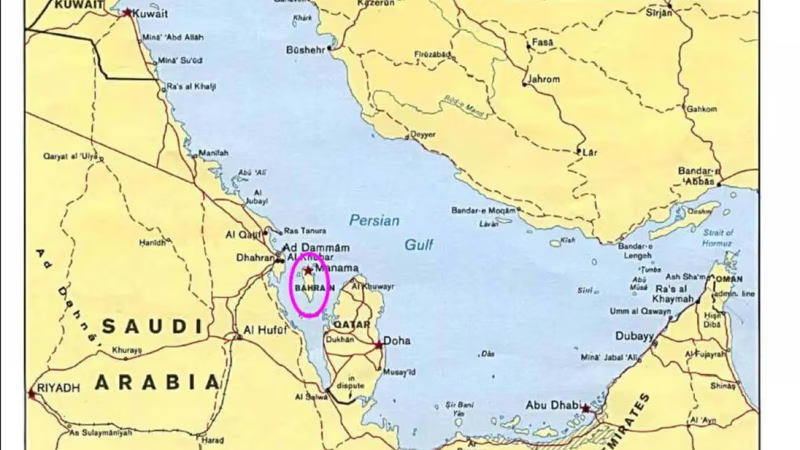
Bahrain"s vibrant culture enhances its trade platform opportunities. "
Bahrain is located next to Iran, Saudi Arabia, and Qatar, it has many large and small islands. The capital of Bahrain is the beautiful city of Manama and the people of this country speak Arabic. The official religion in this country is Islam, the currency of the Bahraini dinar has been declared and has very important economic sectors geographically. The reason for naming Bahrain is due to the existence of a lake in a part of this land that is very important today. Bahrain has a dry climate, so winters are mild and summers are often hot and humid. Bahrain's traditional economy is dependent on pearls. At present, the country has achieved very good economic growth in the tourism industry. Bahrain has reached 60 exports in the field of petroleum products, and the government revenue of this country is about 30% of GDP.
Bahrain is located in the neighborhood of Iran, Saudi Arabia, and Qatar, it has many large and small islands. The capital of Bahrain is generally the beautiful city of Manana and the people of this country speak Arabic. The country has geographically divided parts. Economics is very important. The reason for naming Bahrain is due to the existence of a lake in a part of this land that is very important today. Bahrain has a dry climate, so the winters are mild and the summers are often hot and humid. Bahrain is also known as the "Island of a Million Palms" and includes the three main islands of Manama, Muharraq, and Star. There are also villages in Bahrain that are located close to each other. Among the cities of Bahrain, we can mention Riffa, Al-Ali, Isa, Al-Badie, and so on. The small country covers an area of 765.3 km2 and has a population of 1.493 million.
Bahrain has historically been under British influence and has been influenced by it. The rituals for the month of Ramadan in Bahrain are strictly held, and there are many nightclubs in the culture of this country, and people try to ask God for forgiveness. In the Islamic culture of Bahrain, in general, there are many Islamic approaches, and this issue is also seen in the hijab of Bahrain.
The people of this country wear long clothes and often try to cover their hair. It is very important to assess the cultural situation of Bahrain accurately, and it is clear that the country is a little strict in terms of hijab. The flag of Bahrain is very sacred to the people of this country, and any disrespect to it will be taken seriously. In this country, women usually hug each other for greetings and generally try to communicate peacefully with each other, while greetings customs between men often end in the handshake.
Any disrespect to the religion that is Islam is prosecuted in Bahrain, and in general, the country has certain laws in the field of religious customs that you are required to comply with. Any mockery of the language of Bahrain is also illegal. Each city in Bahrain has different laws, and you must try to follow certain rules in any city in Bahrain. Disrespect for the flag of Bahrain is also prosecuted, and it is better to be careful in these cases, and eating and drinking in public is also forbidden during Ramadan.
-

Bahrain, strategically located near Iran, Saudi Arabia, and Qatar, is an archipelago with a rich cultural and economic landscape. The capital city, Manama, serves as a hub for trade and tourism. The economy has transitioned from traditional pearl diving to a robust petroleum export sector, contributing significantly to government revenue. Bahrain"s climate is characterized by hot summers and mild winters, influencing its lifestyle and economic activities. The country has a diverse population of approximately 1. 5 million people who predominantly speak Arabic and practice Islam. Cultural practices are deeply rooted in Islamic traditions, with specific customs observed during Ramadan. Bahrain"s legal framework reflects its religious values, with strict laws governing respect for the flag and religious customs.
Understanding these cultural nuances is essential for businesses engaging in trade within the region. As Bahrain continues to develop as a B2B marketplace in West Asia, it offers opportunities for verified exporters and importers to connect through regional product listings and supply chain solutions.
-
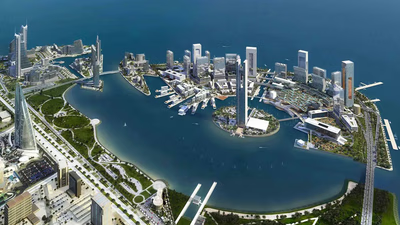
Bahrain"s strategic location in the Persian Gulf positions it as a vital trade hub connecting the Middle East, Asia, and Europe. It serves as a gateway for trade among Gulf Cooperation Council (GCC) countries and beyond. The nation has developed into a prominent financial center, hosting the Bahrain Financial Harbour, which attracts numerous international banks and investment firms. Despite facing economic challenges such as fiscal sustainability and unemployment, Bahrain"s government is implementing reforms to attract foreign investment. The country"s GDP growth rate is approximately -2. 49%, with significant contributions from agriculture, construction, and mining sectors. Bahrain"s trade balance shows a deficit of -320. 30 million dinars, yet it maintains a strong import-export ranking of over 80%.
The economy is diversifying beyond oil and gas, focusing on sectors like financial services, logistics, tourism, and manufacturing under its Economic Vision 2030 initiative. Infrastructure investments have enhanced logistics capabilities with a modern seaport and an international airport serving as key air cargo hubs. Bahrain"s liberal trade policies and membership in the WTO facilitate international trade relations. "
-
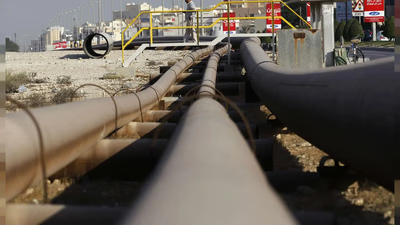
Bahrain"s economy has evolved from its traditional reliance on pearls to a diversified structure with significant contributions from tourism, petroleum, and aluminum production. The country exports 60% of its petroleum products, which constitute about 30% of its GDP. Recent growth in trade and services has reached 64%, while the construction sector contributes approximately 17%. Bahrain is recognized for its aluminum production, ranking first in the Middle East and fifth globally. The agricultural sector has also seen a modest increase of 6%. Despite limited oil and gas resources, Bahrain"s financial landscape is robust, with a capital turnover growth of 96% and a current account balance exceeding 12%. The inflation rate remains low at 0. 20%, indicating economic stability.
Bahrain"s trade processes align with modern standards, facilitating imports primarily from Japan and exports to Saudi Arabia and the United States. The country’s cultural practices, including those during Ramadan, reflect its Islamic heritage while contributing to the tourism sector"s growth. Overall, Bahrain demonstrates a strong capacity for economic development through diversification and modernization.
-
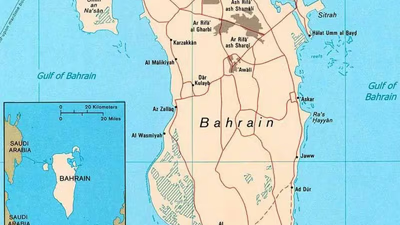
Bahrain"s capital, Manama, serves as a key industrial hub and a popular tourist destination. The city boasts excellent educational facilities, making it attractive for students. Muharraq is notable for its historical architecture, preserved by government efforts. Al-Riffa offers diverse experiences with its historical sections and mountainous areas. Aali is recognized for its private universities and scenic beauty, appealing to the youth. Sitra stands out as a major economic center with significant global recognition. Hamad is known for its tourism potential, supported by government initiatives. Isa is characterized by its indigenous population and a unique work environment, despite some social challenges.
Other cities like Al-Malikiyah, Al-Badi"a, and Al-Had contribute to Bahrain"s diverse urban landscape. The corporate tax rate in Bahrain is zero for foreign investors, enhancing the business environment. The social security rates are competitive, and the sales tax exceeds 5%. Trade in Bahrain is thriving, particularly among Iranian companies in services and clothing sectors. Recent immigration trends indicate a 22% increase in residents choosing Bahrain as their home, reflecting the country"s improving economic conditions.
-
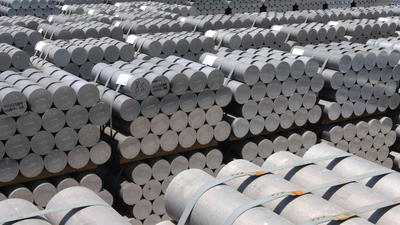
Bahrain has made significant strides in its export sector, particularly in aluminum foil production, leveraging organic raw materials. The country"s educational advancements in medicine and laboratory materials have contributed to its economic growth. Enhanced security measures have improved the living conditions for expatriates, fostering a stable environment for business. Urban transportation has also seen improvements, with consistent ticket pricing and increased safety measures. Despite a 20% decrease in re-exports during the second quarter of 2020, Bahrain remains a key player in regional trade, with Saudi Arabia, the UAE, and China being major partners. The trade balance showed slight improvement with a deficit of BD485 million. Key exports include mineral fuels, machinery, electrical equipment, and various consumer goods. Iran is a notable trading partner for Bahrain, exporting items like flooring and sweets.
However, challenges such as currency return issues and raw material supply persist for exporters. Overall, Bahrain"s strategic location and investment in infrastructure position it as an essential hub for trade in the Middle East.





